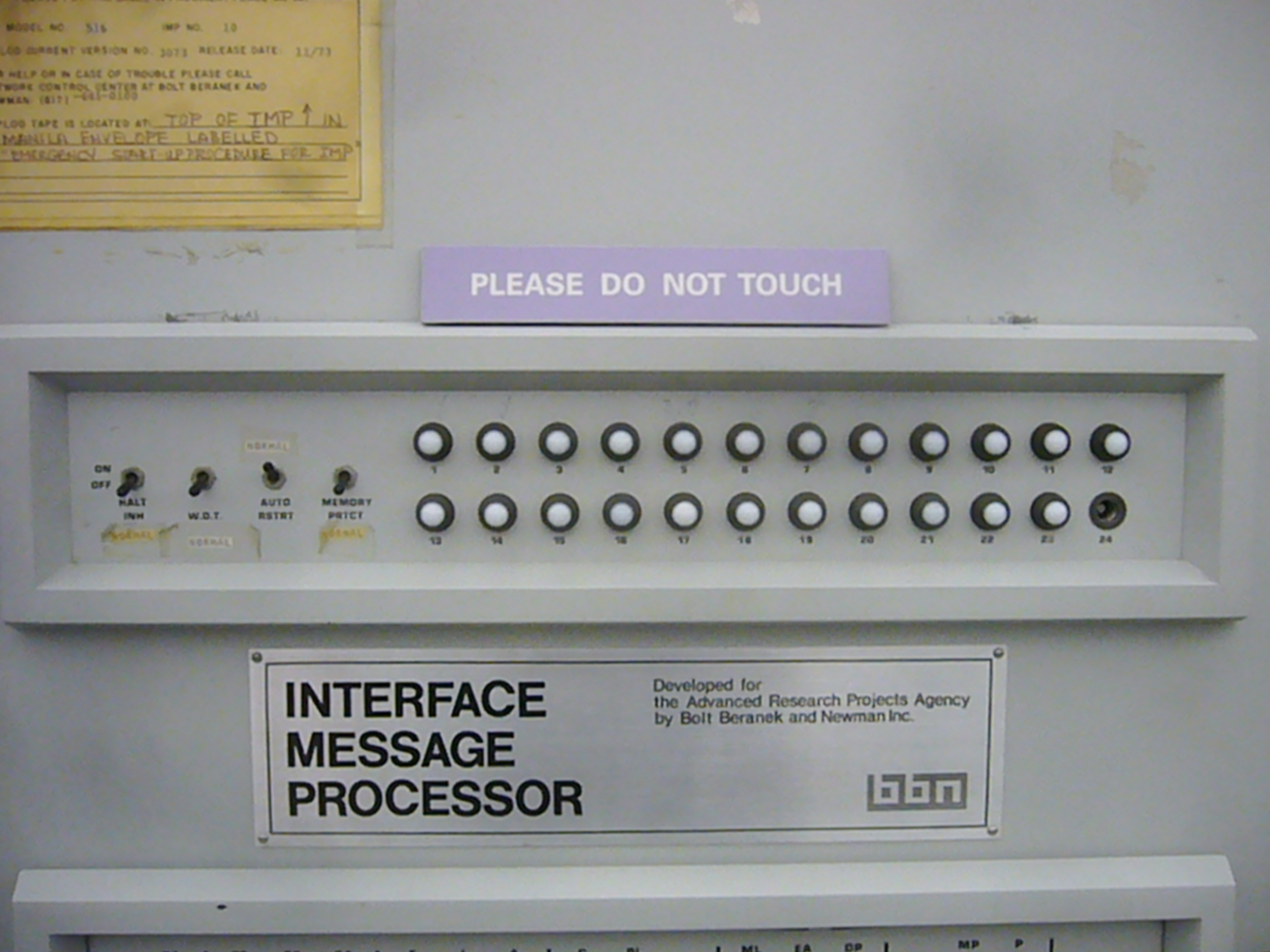Like this article? rabble is reader-supported journalism. Chip in to keep stories like these coming.
The Internet is often associated with freedom and adventure — a cyber space where we can be anyone or anything. We’ve been under the impressionable influence of 90’s optimism for far too long. It was the general belief of coders, hackers, and philosophers in the late twentieth century that the Internet in all its distributed glory would provide us radical freedom and democratic emancipation as well as the freedom to speak without reprisal. Classic “hacker’s ethic” — or the need to improve technology for the sake of humanity.
As we waltz through the 21st century digital climate, it becomes more and more apparent that this was never the case. At least not entirely. Let’s explore a very quick and dirty survey of the history of the Internet.
The Internet is a tool of surveillance and social control. At the very same time it hosts many different radical philosophies from the 1960s. Internet historian Roy Rosenzweig explains that there were many conflicting historical discourses that contribute to writing a history of the Internet. This includes influences from the military, state bureaucracy, corporate telecommunication companies, and vernacular hacker groups who all contributed to the construction of today’s Internet. The Internet’s history is multidimensional and includes interests that span the politics of the left and the right.
The ARPANET, a kind of prototype Internet, was created during an turbulent time. Fears and anxieties around the Russians and the Cold War were spilling into the nightmares of many scientists and engineers. But also, a renaissance in alternative culture was brewing as civil rights, environmental, and anti-war movements emerged to faceoff against the banality of the American Dream. The ARPANET, precursor to the Internet, was developed in response to all of these things.
The ARPANET project was funded and conducted originally as a U.S. military project to create a distributed system of communication. If the center of a centralized communication structure is destroyed, the entire system collapses. However, with the invention of the ARPANET, the center was dissolved and transformed into many nodes in the overall network. If one goes down, the rest of the network is unaffected. This was largely created out of fear of nuclear war. The idea was that if communications remained in tact after the initial fallout, there would be a chance of recovery.
Eventually scores of academics and anti-war protestors began to shake the boat — organizing massive rallies against classified military research on University Campuses. From these conflicts, countercultural discourses began to shape the construction of the Internet. The influence of left wing computer scientists and hackers brought ideologies of file sharing and free communication to the ARPANET. This was a direct clash with military interests that was not initially accepted due to fears of exposing confidential military communications to the wider world.
A competing system was later developed called the Usenet. Initially created by graduate students at Duke University, it became the poor person’s ARPANET, designed for those who were excluded from it. It traded news and allowed for the development of email communication. The Usenet was celebrated for enabling uncensored debate and communication.
These new engineers, scientists, and academics were following a “hacker’s ethic” to build community and participatory culture through digital technology. They sought an open-world discourse in the wake of military controlled access to the Usenet’s predecessor.
Through the intersections of the ARPANET and the Usenet came the Internet. I am overlooking a lot of technical detail here (you can find in Rosenzweig’s article hyperlinked above). My concern in this post is the status of “hacker ethics” in the contemporary Internet.
ARPA eventually opened the ARPANET to the wider public and sought to sell it away. What emerged was an Internet that was eventually privatized by a small set of companies (some like Microsoft and Intel, who still operate today). The Internet, founded on conflicting principles of military interests and emancipatory philosophies, became a highly branded space controlled by a small (but powerful) oligopoly.
The Internet we know today is comprised of entities like Facebook, Twitter, Instagram, Snapchat, and a plethora of other commercially controlled social media applications. These applications are run on heavily branded devices like the iPhone and Samsung Galaxy. All of these corporations seek ambitious profit margins and wage a battle of commercial prowess over a constantly expanding user base.
There exists a niche community of computer enthusiasts and scientists who carry a “hacker’s ethic” of uncensored communication and free, open software. But these denizens of the Internet are privy to advance computer skills. Most users require the ease of access provided by the corporate world.
The history of the Internet funneled the majority of users toward a heavily branded Internet. The emergence of MSN and AOL offered mass communication to the digitally unskilled. This morphed to Myspace, then to Facebook. Now Facebook boasts a quarter of the Earth’s population. The emancipatory philosophies of the 60s were pushed to the digital fringe.
Today’s Internet is moving towards a world where visibility is mandatory. People are encouraged to participate in social media that showcase their lives with unprecedented transparency. Even the world of clever hackers and hippie coders is becoming more difficult to participate in as surveillance systems become more advanced and more difficult to avoid. As activists use the Internet to enact their politics, we must acknowledge that the Internet is not a place of freedom. It is a place of social control and invasive surveillance.
Like this article? rabble is reader-supported journalism. Chip in to keep stories like these coming.



